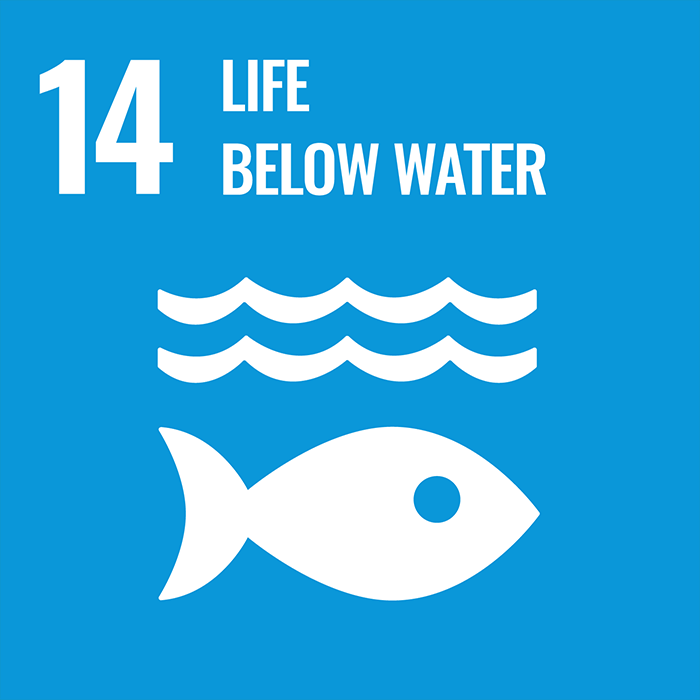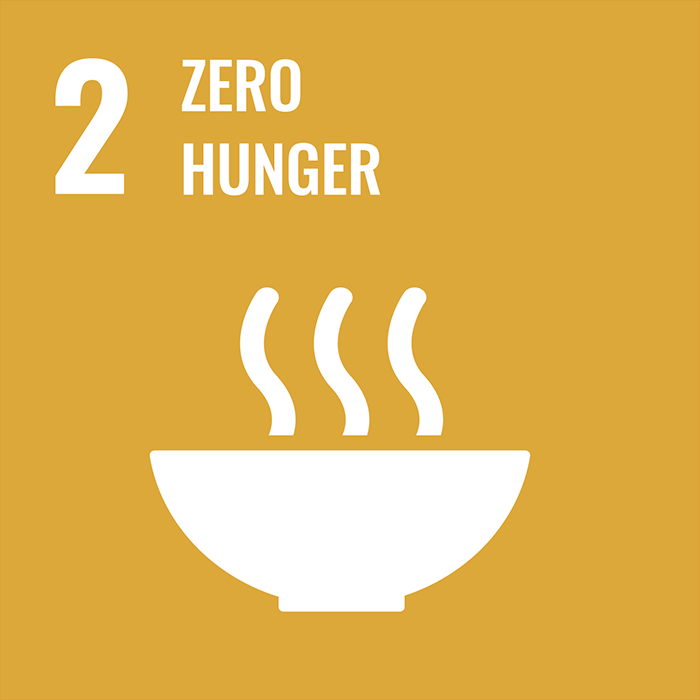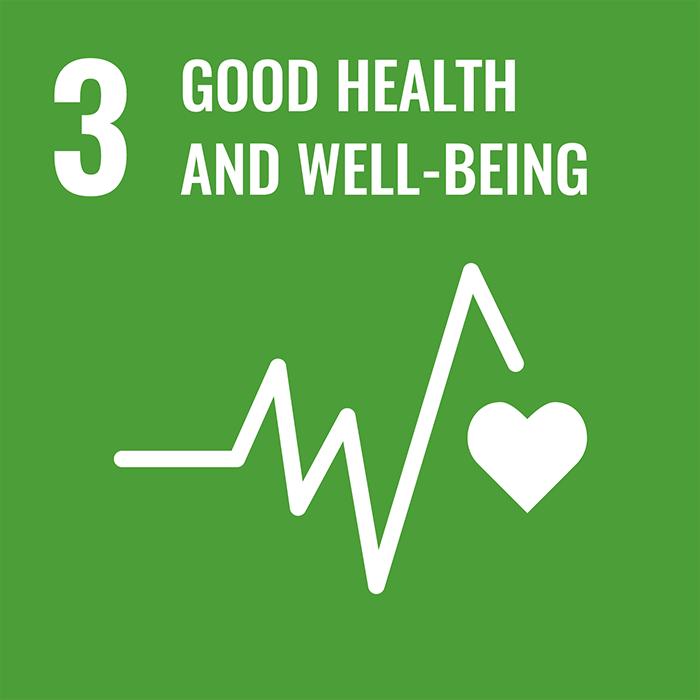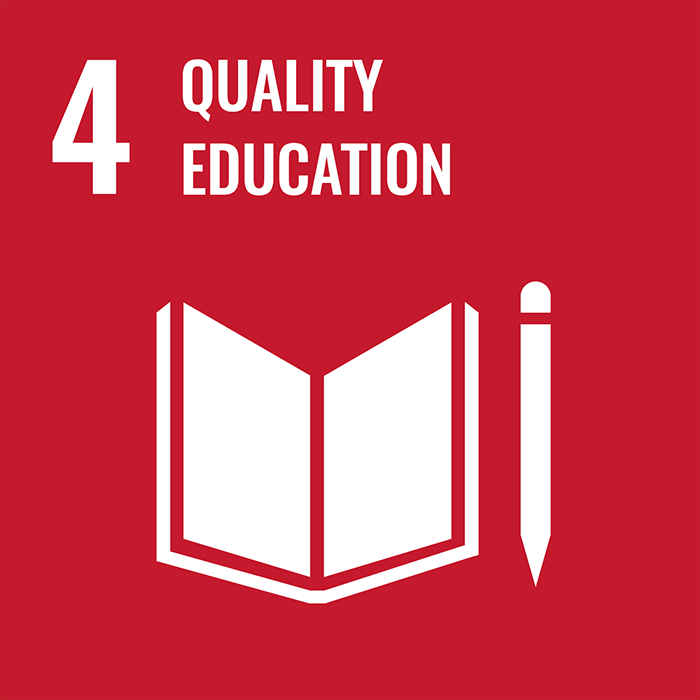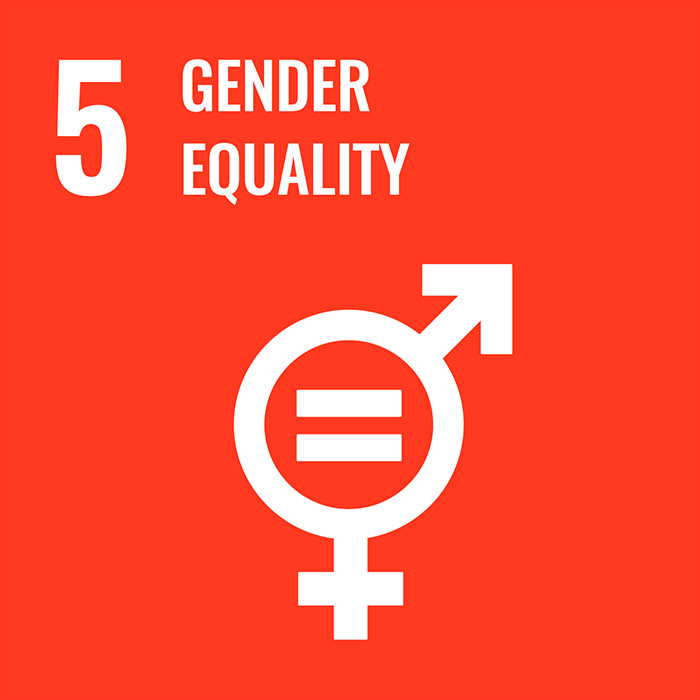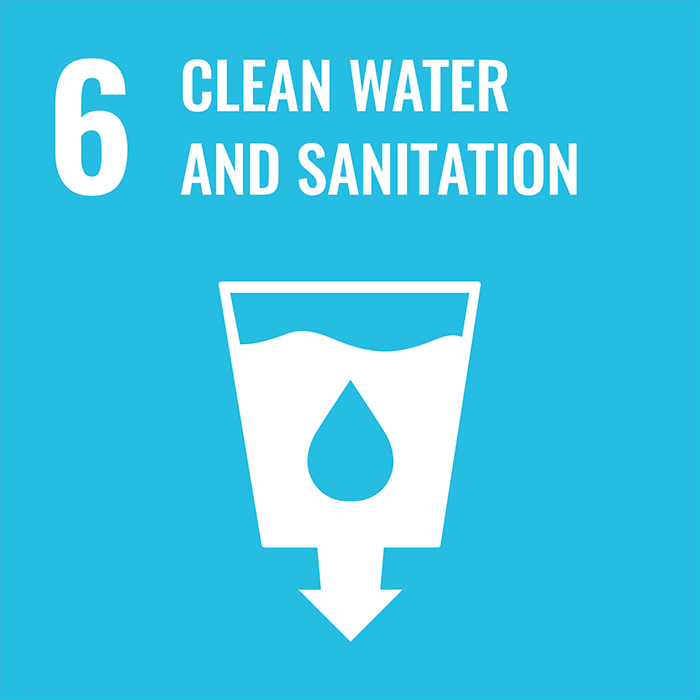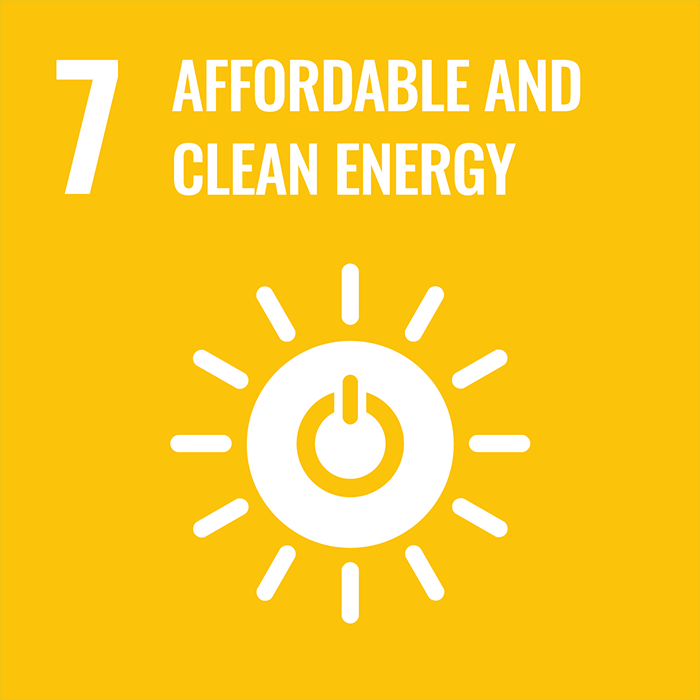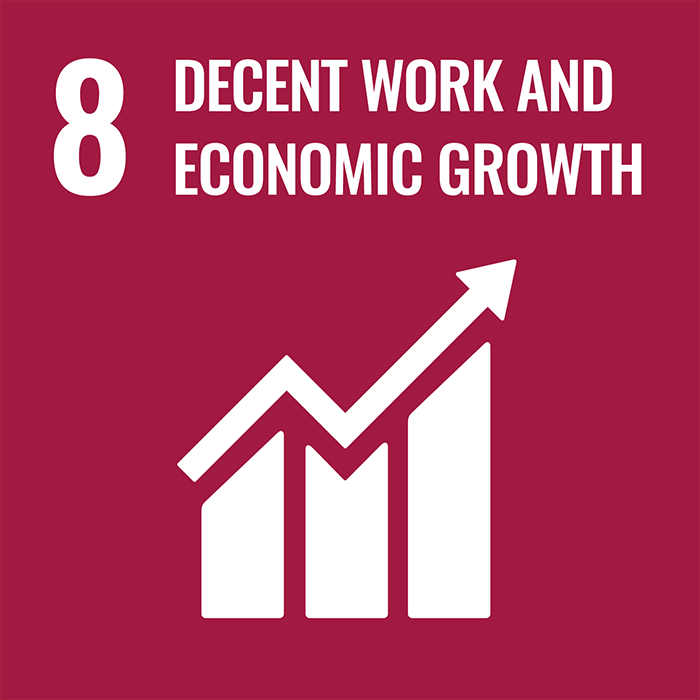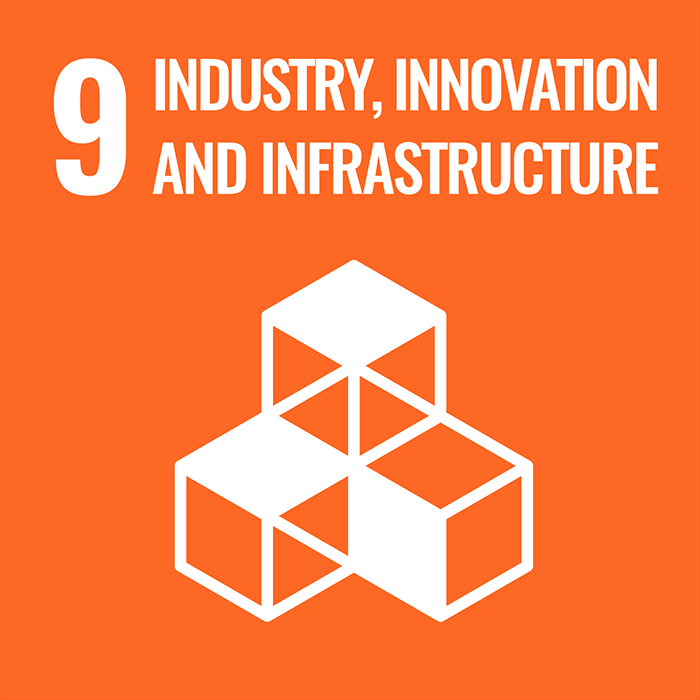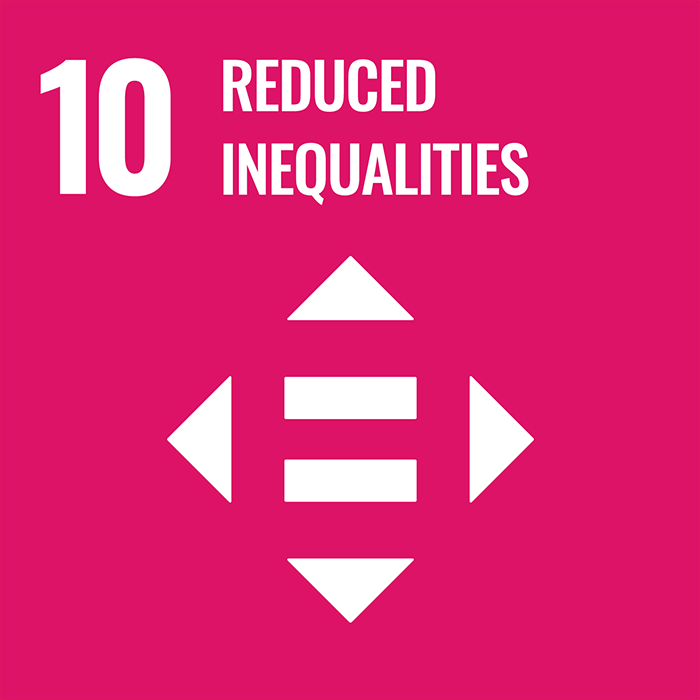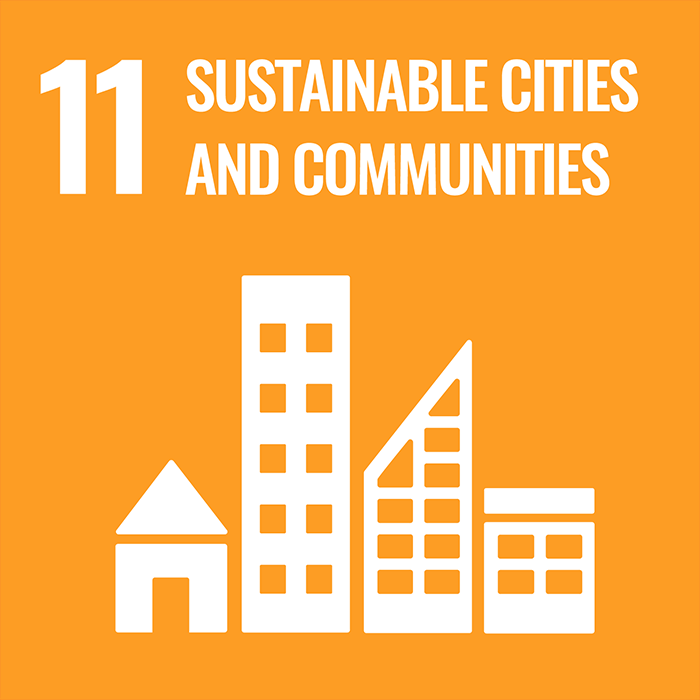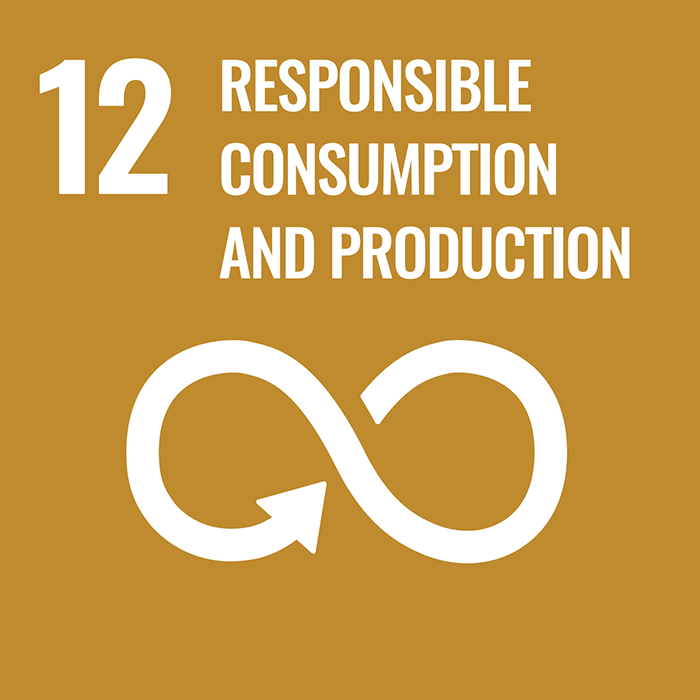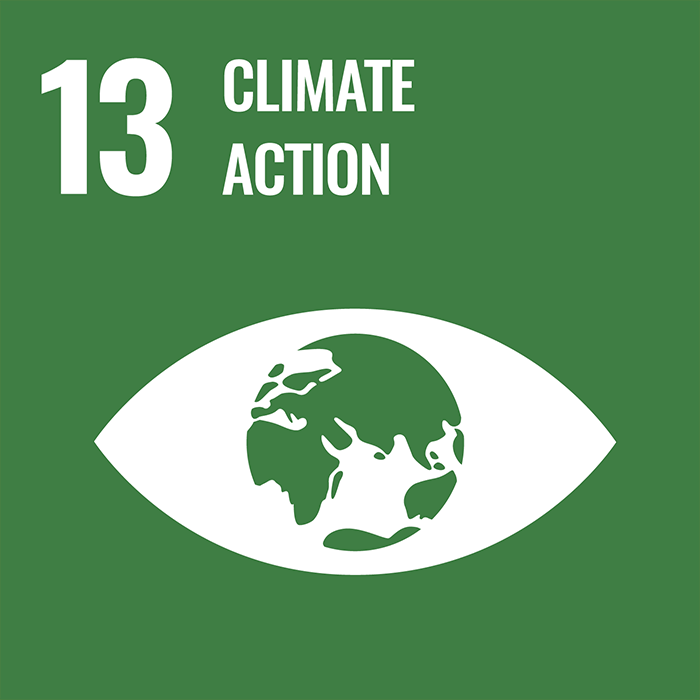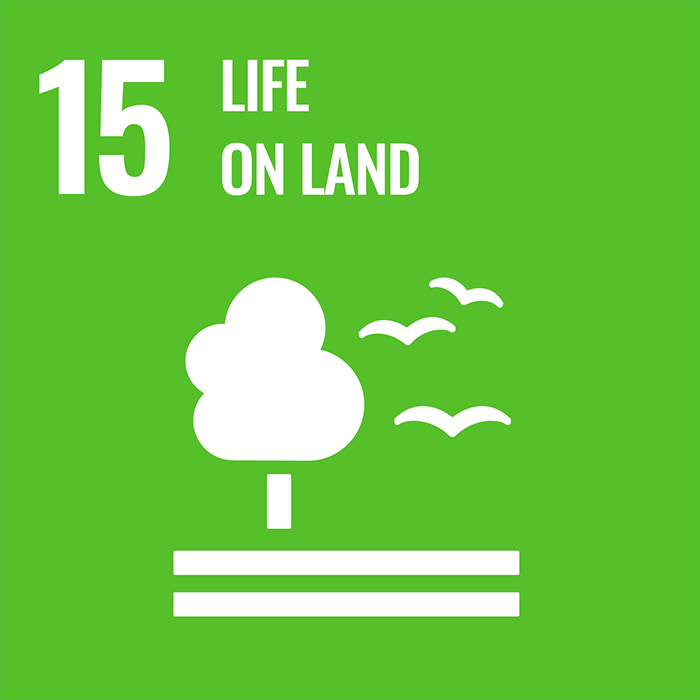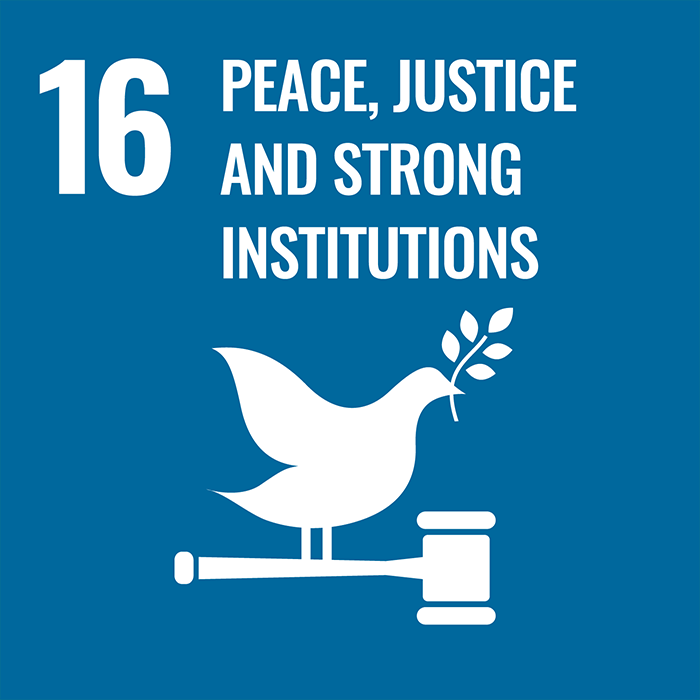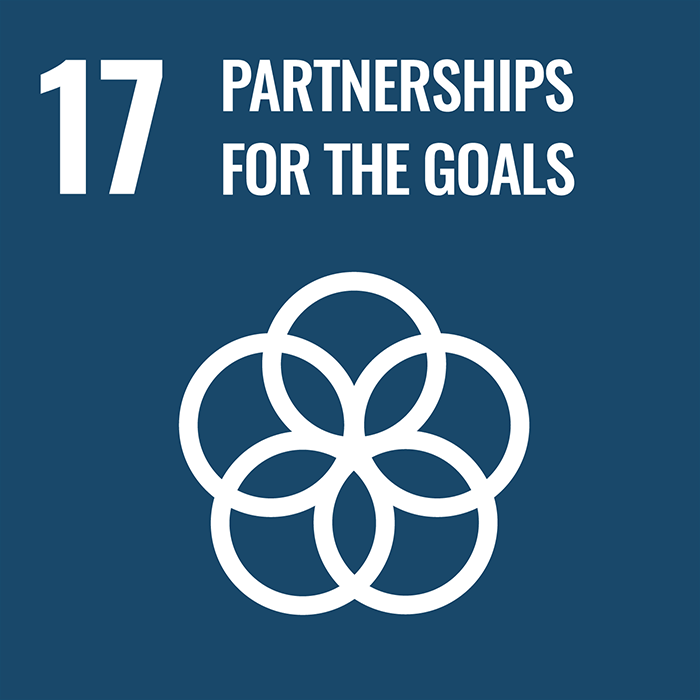UN SDG 14: Life below water
Conserve and sustainably use the oceans, seas and marine resources for sustainable development
Our research

Professor Martin Llewellyn and Dr Sofie Spatharis lead a £1.5 million BBSRC-funded project on plankton-driven gill disease in farmed Atlantic salmon, using genome-wide association studies, metabarcoding and causal modelling with Glasgow’s new mobile marine aquaria.
Collaborators include the University of Aberdeen, Roslin Institute and industry partners MOWI, Scottish Sea Farms and Bakkafrost. Additionally, with £0.5 million from BBSRC Sustainable Aquaculture, Dr Spatharis and Professor Llewellyn are investigating biofouling drivers in seaweed farming, in collaboration with nine industry partners across Norway, Sweden, Scotland and England. Field sampling and experiments will also use the mobile aquaria.
Other projects include a partnership with the Institute of Marine Research Norway on deep-sea salmon farming to reduce disease and improve welfare, and a collaboration with the Scottish Association for Marinie Science, Oban, to develop tools for tracking sea lice, a significant ectoparasite affecting farmed and wild salmon.
A new system that harnesses the power of AI to accurately model how sound waves travel underwater could help reduce the impact of noise pollution on marine life. Researchers from Glasgow and the University of British Columbia in Canada are behind the development of the technology.
In the future, their system could empower industries including shipping and renewables to make better-informed decisions about the effect of their activities on the undersea world. The loud sounds created by human technologies including the propellers of cargo ships and the construction and operation of offshore wind farms have been shown to have negative effects on a wide range of sea life. The noise can disrupt migration patterns of marine mammals like dolphins and whales and affect their ability to navigate by echolocation.
One potential answer to reducing the impact of underwater noise is developing a more complete understanding of the ways in which sound waves from human activities move and spread through the ocean. That could help policymakers develop new regulations for shipping and offshore turbine construction to mitigate their impact on surrounding sea life.
Learning & teaching

Our Masters in Sustainable Water Environments provides students with multidisciplinary knowledge and expertise in river catchment, lake and coastal environments, with a focus on the impact of, and adaptation to, changing environments. The programme is designed to develop an in-depth and critical understanding of contemporary global issues in surface water environments including climate and land use change, flood risk, restoration, ecosystem health and associated management perspectives. The programme is ideal for those keen to pursue a professional career or research in the water environment.
Students with interests in surveying water environments benefit from access to the latest surveying equipment and software including unmanned aerial vehicles and terrestrial laser scanners.
Find out more
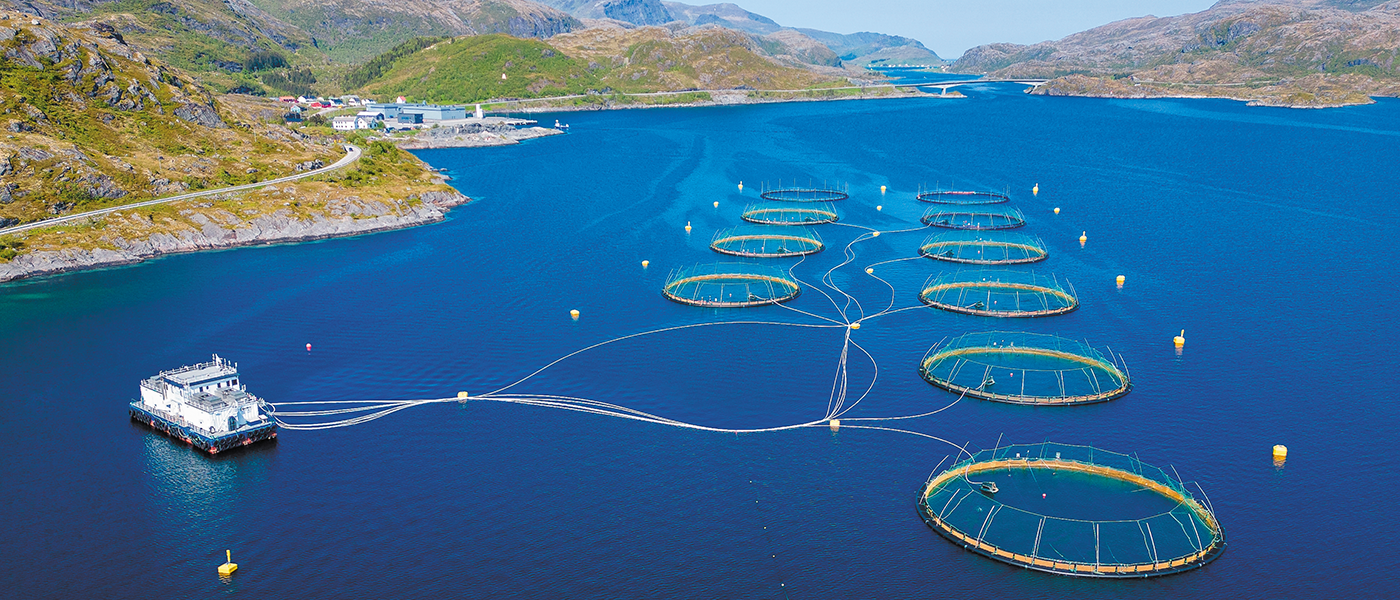
Our researchers have been awarded £3 million to focus on sustainable aquaculture – the farming and harvesting of fish, shellfish and aquatic plants.
University operations

As committed to in our Glasgow Green Strategy, we have now eradicated single-use plastics from our catering University operations, helping to minimise the risk posed to marine species by plastics. Our Waste Management Strategy & Action Plan for non-hazardous waste aims to help us ensure that any waste generated is collected, sorted and recycled. Our Safety & Environmental Protection Service guides the disposal of potentially hazardous biological and chemical waste to ensure that we uphold water quality standards.
Civic engagement

A climate change expert from Glasgow has helped the World Bank Inspection Panel shape a decision on a community facing the effects of coastal erosion.
The World Bank Inspection Panel is a 30-year-old independent complaints mechanism for people and communities who believe that they have been, or are likely to be, adversely affected by a World Bank-funded project. The World Bank is one of the world’s largest sources of funding and knowledge for development.
In 2021, the Inspection Panel received a complaint brought by members of communities near the site of the West Africa Coastal Areas Resilience Investment Project in Togo. The coast in this region of the world is rapidly eroding, causing rapid land loss and substantial impacts on communities and their livelihoods.
Professor Larissa Naylor prepared a technical annex for the Inspection Panel, which examined the present and future of coastal erosion on the West African coastal barrier system, where the affected community is based.
The World Bank’s Executive Board approved an Action Plan following the Inspection Panel’s report. As a result, the World Bank will work with the Government of Togo to address the issues raised by the complainants and take steps to mitigate the potential impact of the project on local people and their livelihoods.


